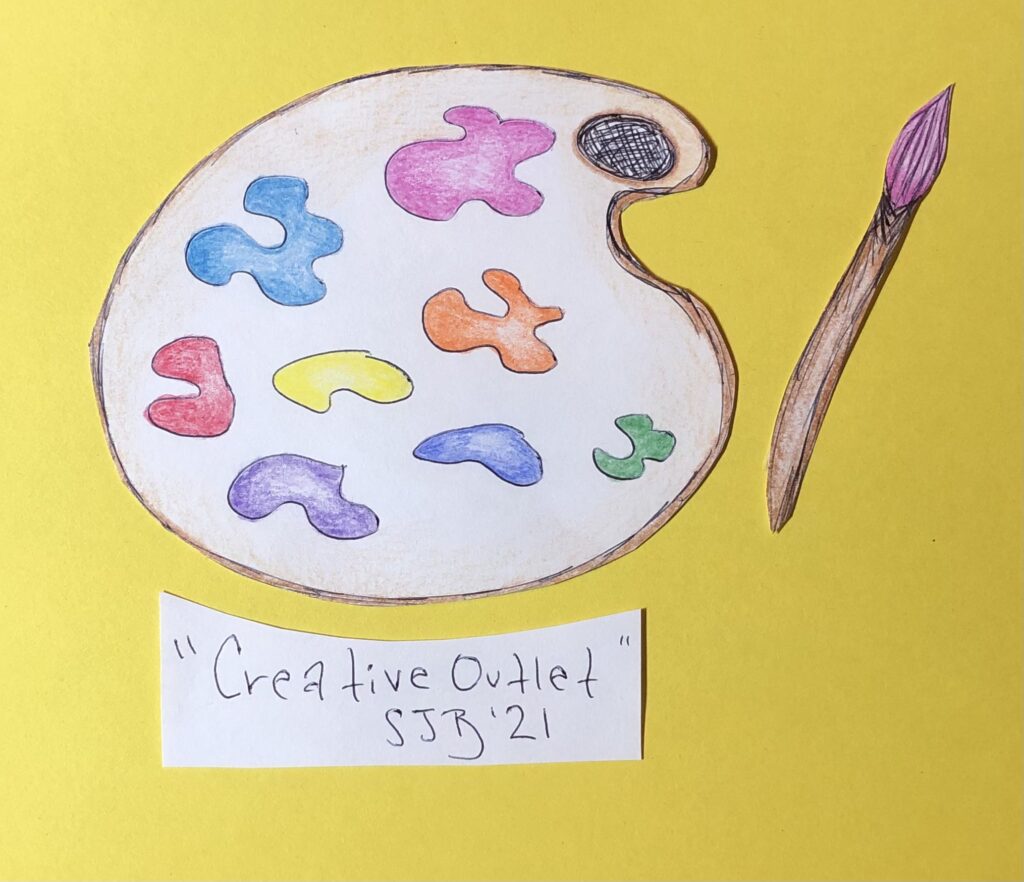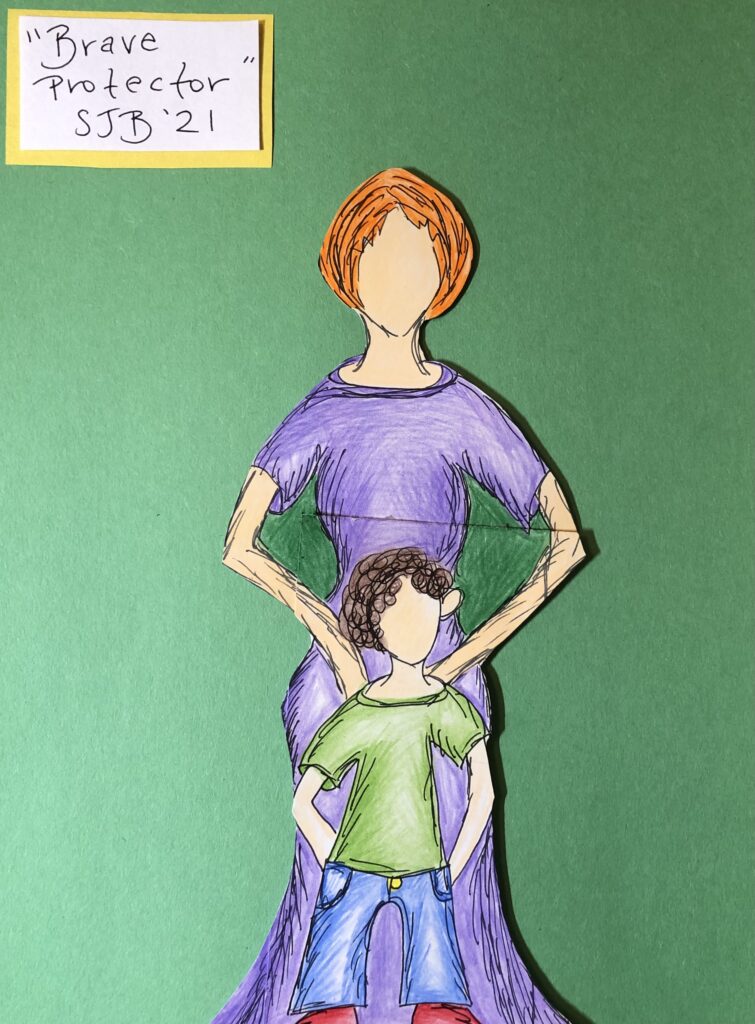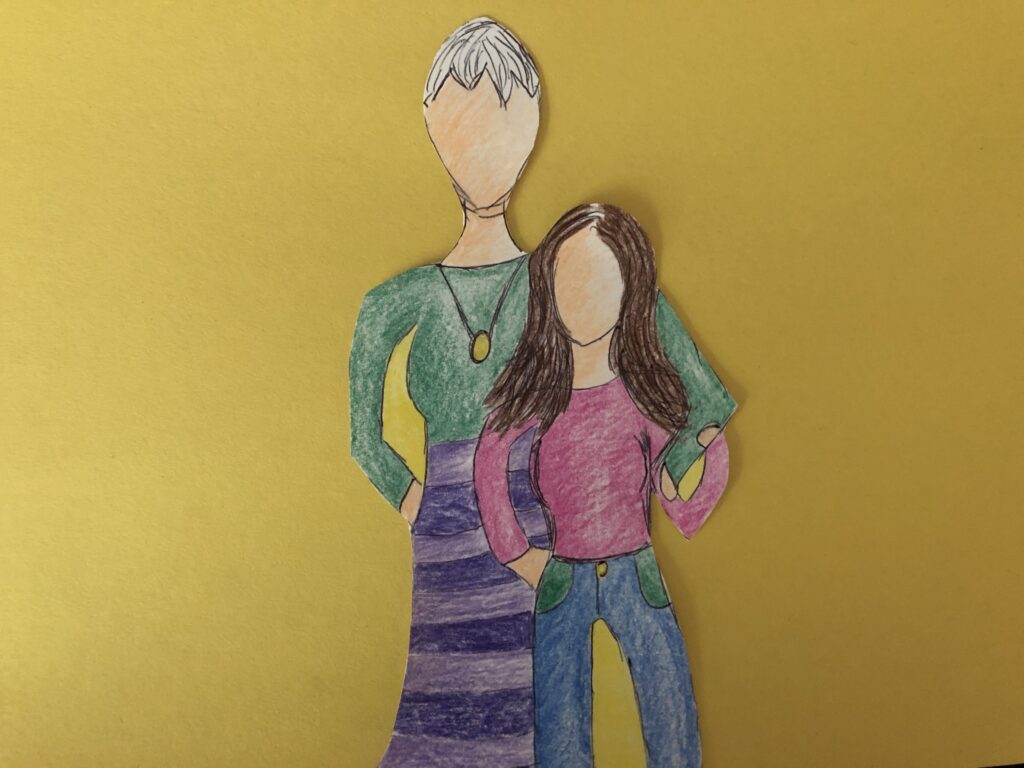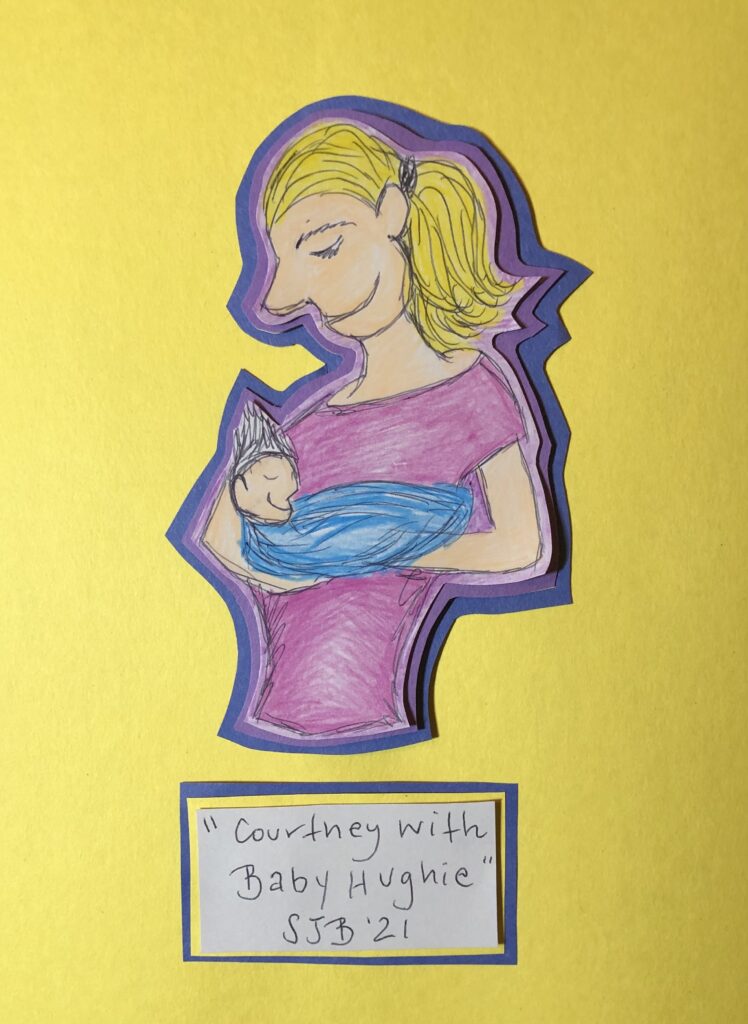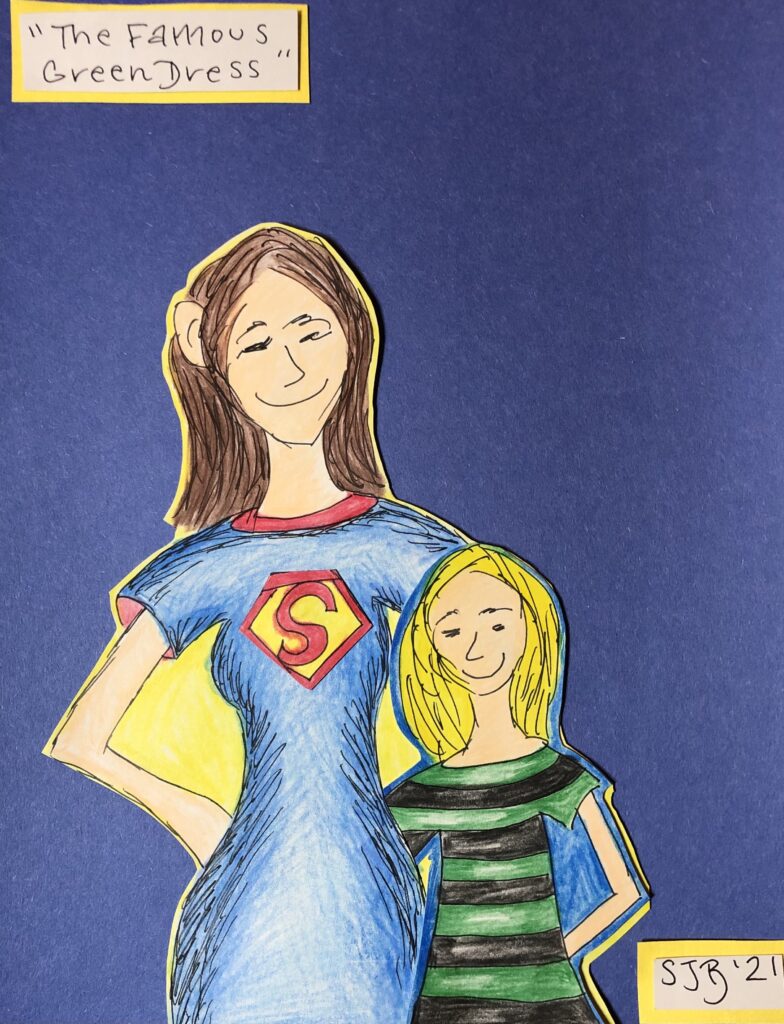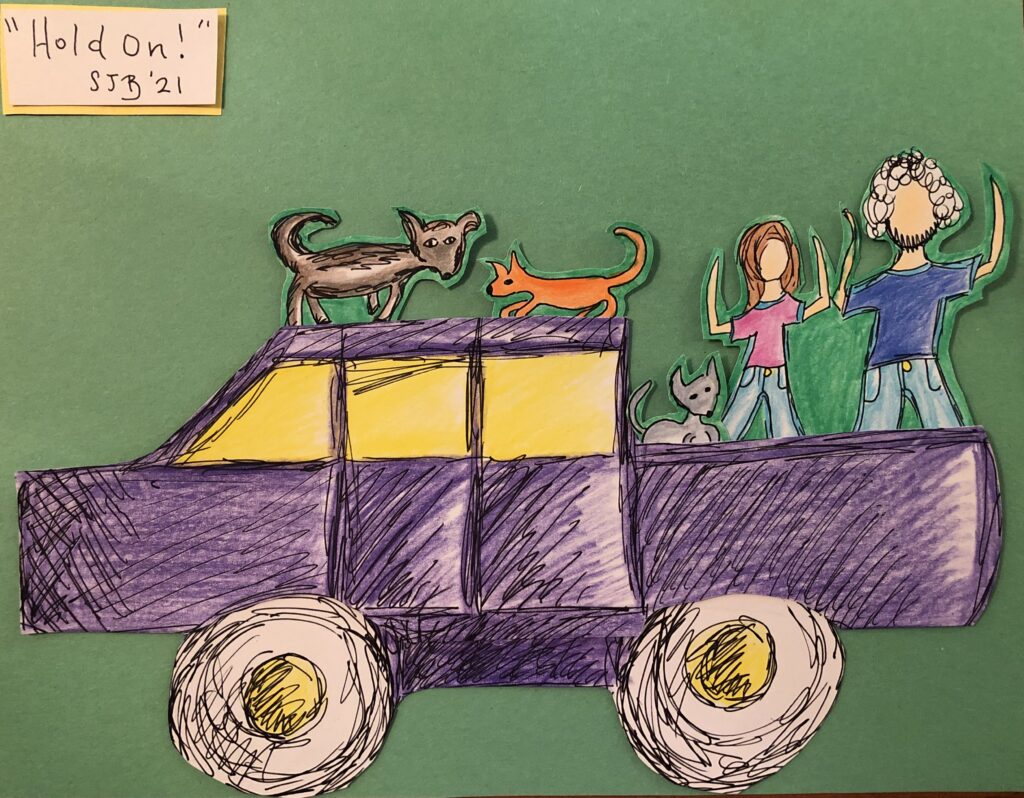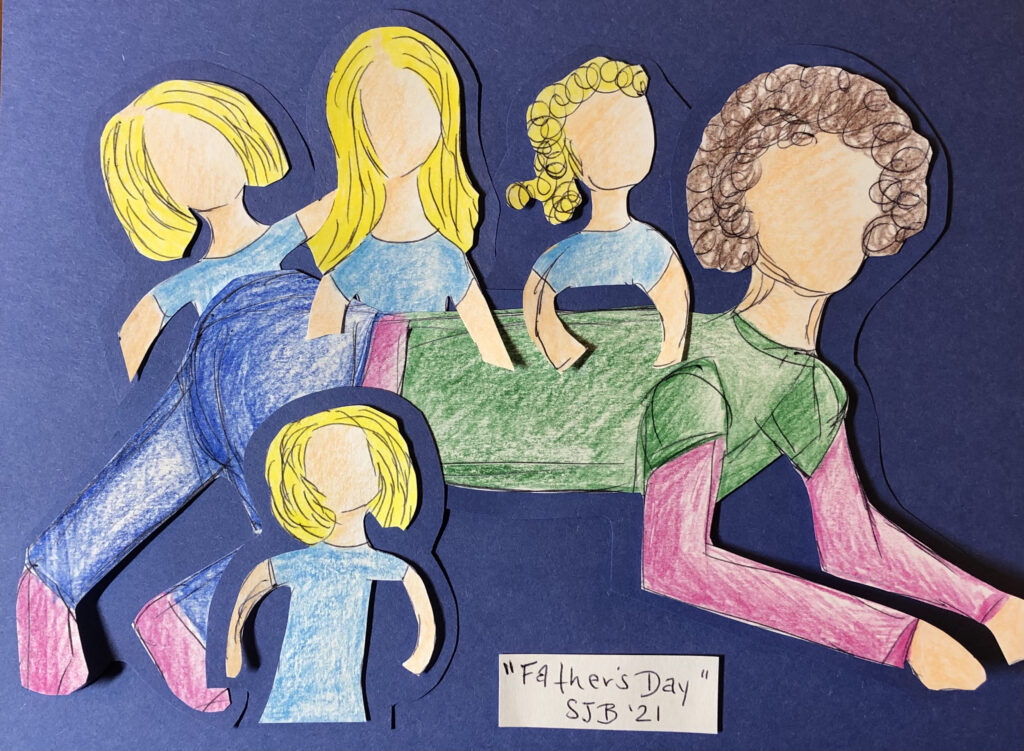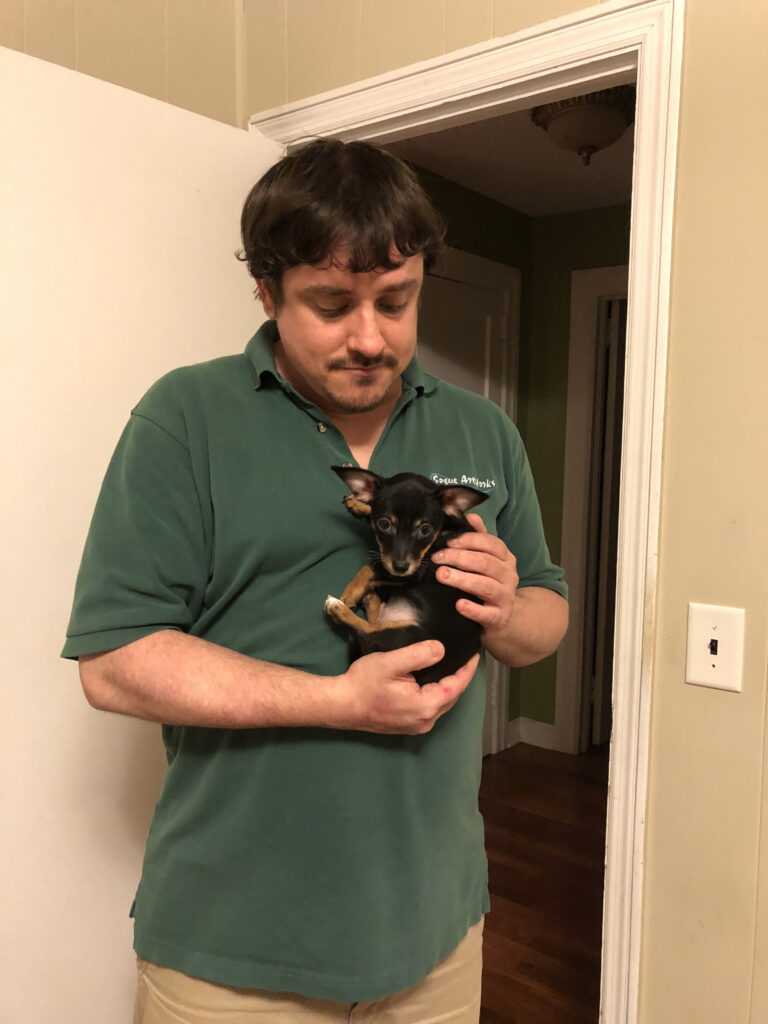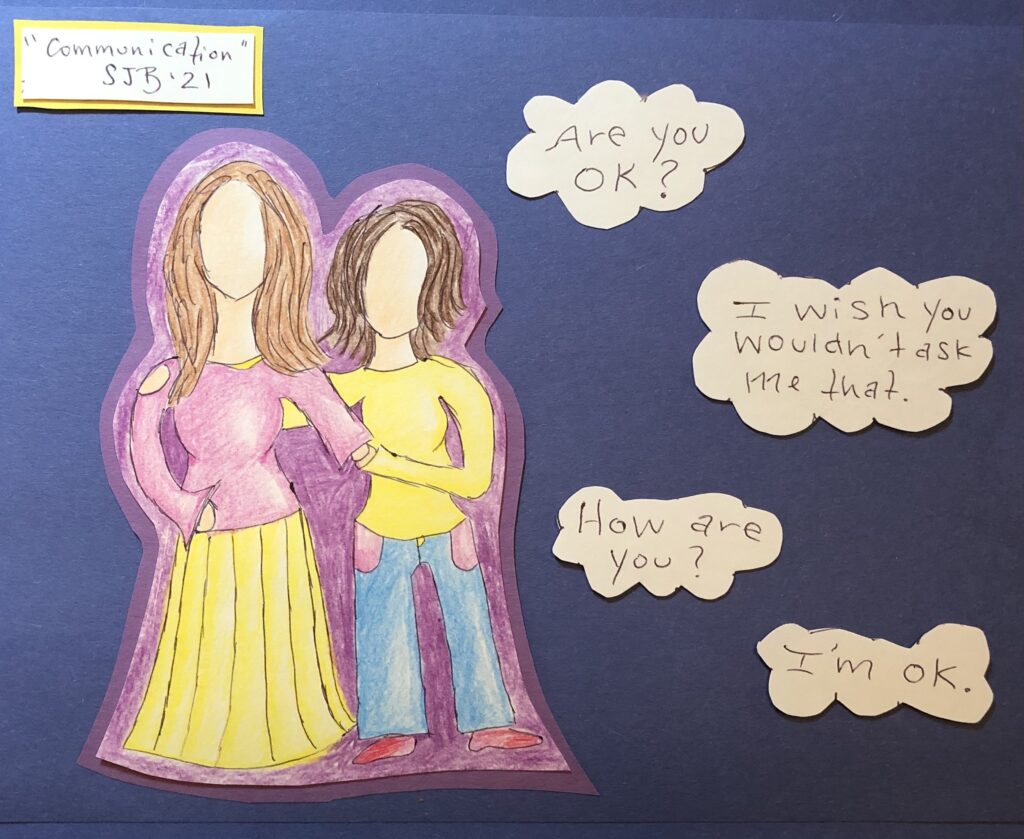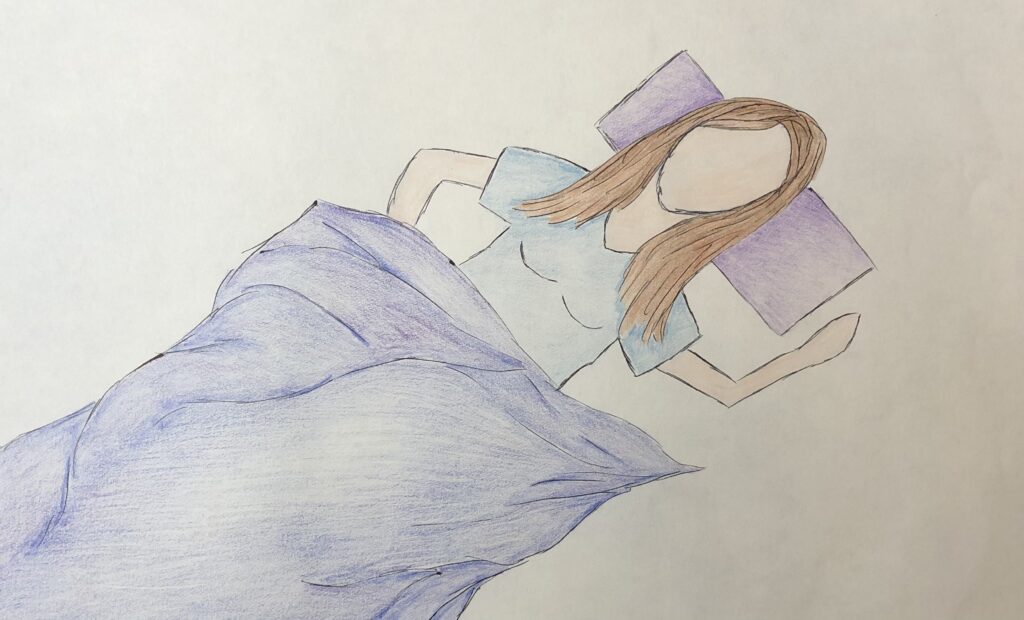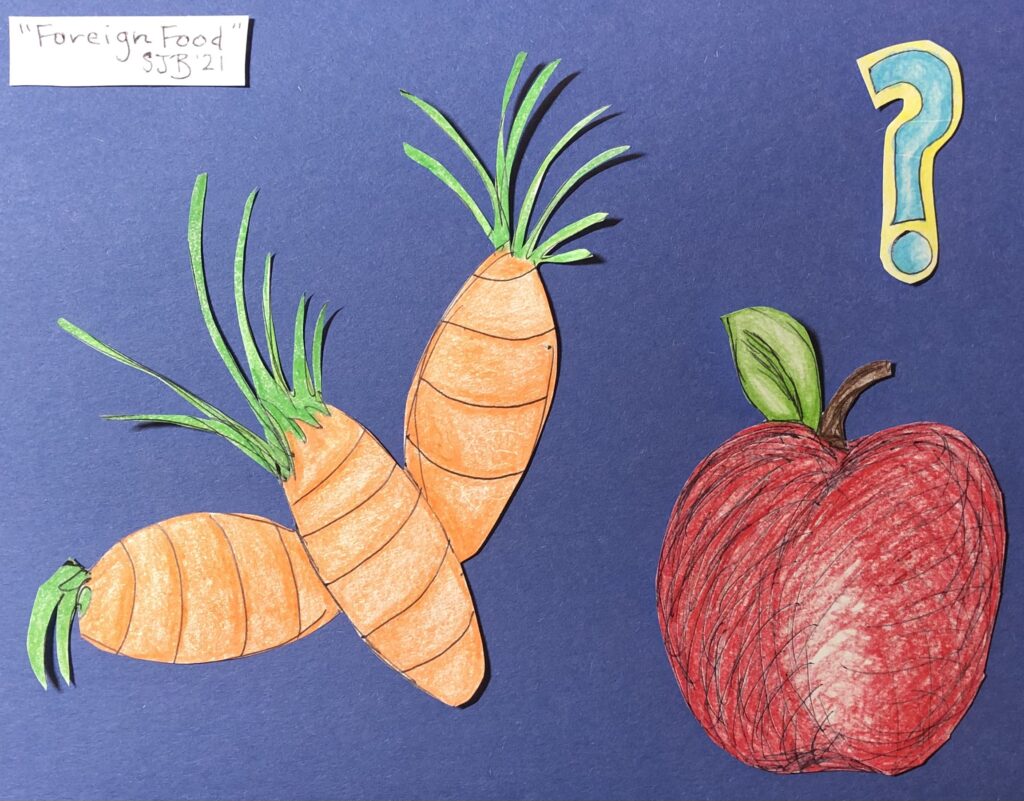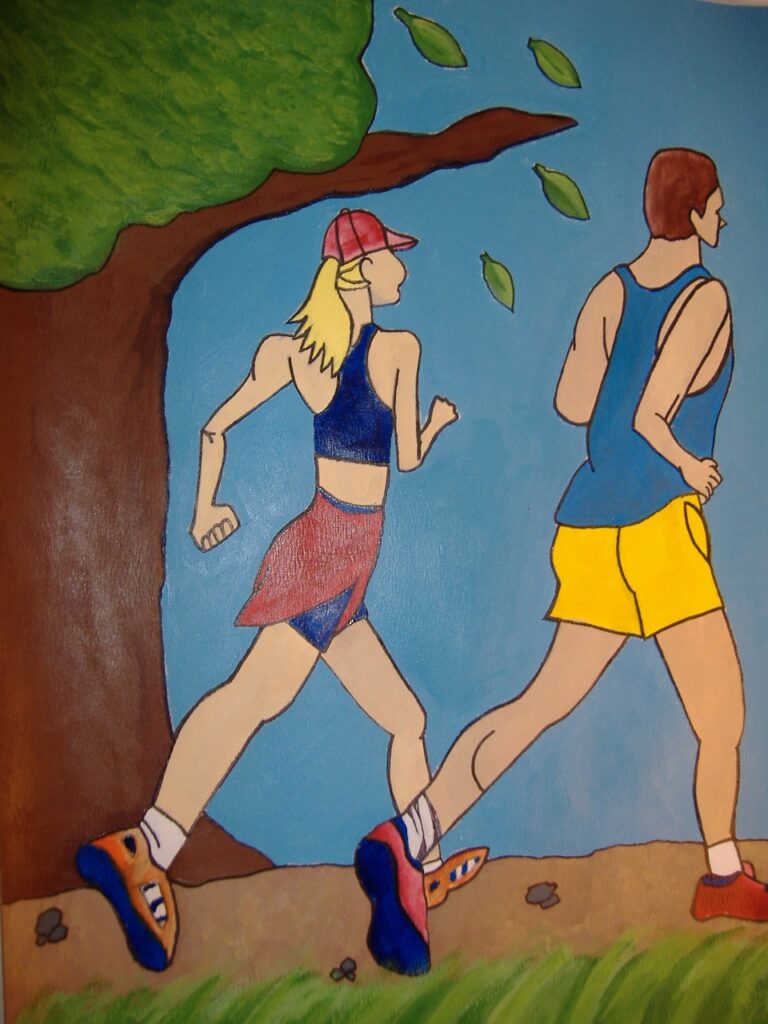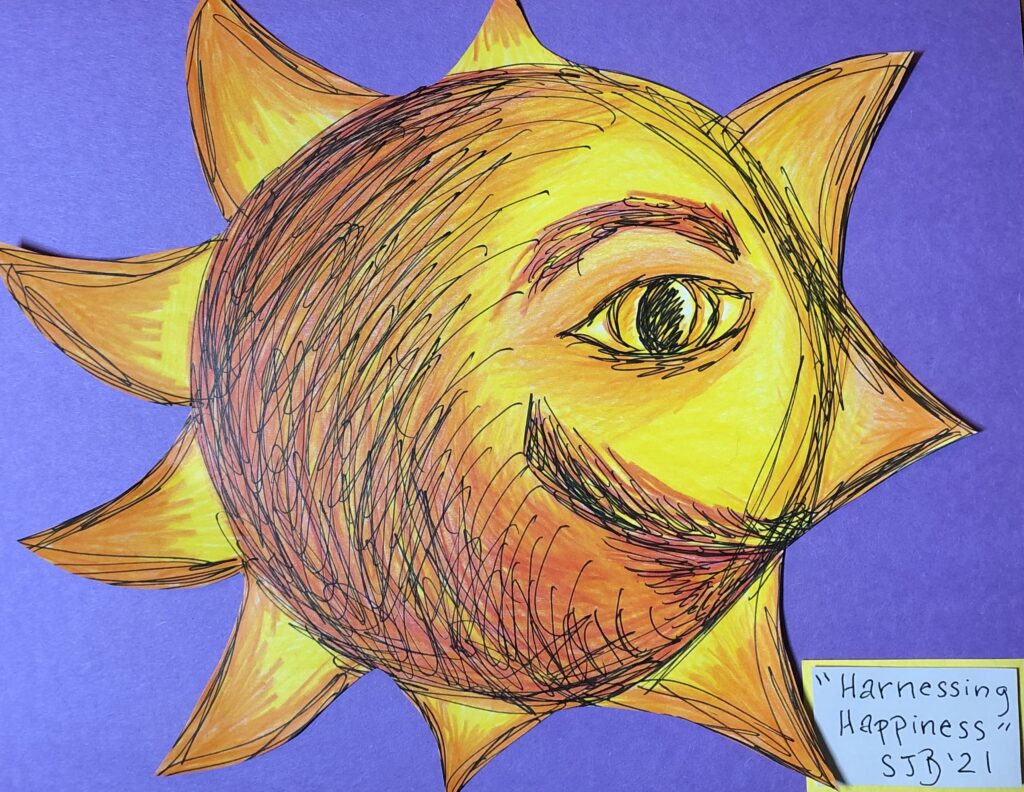
As far as I know, we aren’t born happy. We enter the world screaming at the top of our lungs. This is a world outside the comfort of our mother’s womb–the safest home we have known. Once we step into this big, wild, complicated environment, we face issues that later seem trivial; right out of the belly they seem humongous.
Many people have to work diligently to achieve happiness. There are pills to relieve anxiety and depression, but no pills full of happiness. We make our own happiness when we are not enveloped in its presence. I take several medications which aid in my struggle for happiness. I also muster all of the energy I possess toward reaching the level of happiness I require.
My growth was stunted at the age of fifteen because of my illness. My mind reverted to happy times in my past to help me forget the hard times. When I was nine, I was interested in reading about and collecting historical dolls, their clothing, and accessories. I have a massive collection now, because when you are an adult and have money you can buy toys that your allowance couldn’t cover when you were little. I can hold my first doll and breathe deeply, remembering the happy Christmas day when I first saw her under the tree. This comforts me. I can do this remembering technique with every doll and stuffed animal I have in my “nest” at home. I can snuggle with Tigger and remember the Disney store in New York City on a trip with my husband. Every time I hold “Bert,” my teddy bear, I am reminded of my earlier childhood happiness. There is one book that can comfort me like nothing else.
My Grandmama Patte was a storyteller. When I was little, she told precious stories to me and my sisters. We would ask her to tell us a story and request our favorites. There were five that stuck with me. She embellished and the details differed somewhat each time she told them. She would ask us to help her tell the stories, as she couldn’t quite remember everything. We would fill in the blanks where she forgot. I think she was trying to commit these stories to our memories long after she was gone. She succeeded. We grew up thinking she made up these stories on her own. When we were older, she gave us one of the most special gifts I have ever received. She bestowed upon each of us a book of Native American folklore; we found all of the stories she had told us throughout our lives. This book is so important to me because she died a few years later, but the stories live on. The happiness I gain from this book is monumental. Whenever I want to hear my Grandmama’s voice, I turn the page and concentrate with all my strength. I can hear her reading the story to me. When I am trying to fall asleep, daydreaming, or trying to control a panic attack, I think of joyful times I have experienced in my life. Deep breathing is key. Grandmama Patte’s voice is soothing.
There are many avenues toward happiness. One should not rely on another person for one’s happiness, though it is wonderful to have people in your life who bring you love and peace. There are steps to be taken in order to harness happiness and everyone has their own way of coping. Making art brings me closer to contentment. I sketch and color under a bright light that keeps me focused and comforts me. I am a pen pal to my older neighbor across the street. Sending and receiving letters with him brings me great joy. Stepping out for sunshine is an excellent way to soak up some natural therapy. Exercise is also helpful and will raise levels of serotonin, which stimulate delight.
These activities help me as an individual and may not work for everyone’s brain. It’s worth a try, don’t you think?
—SJB
